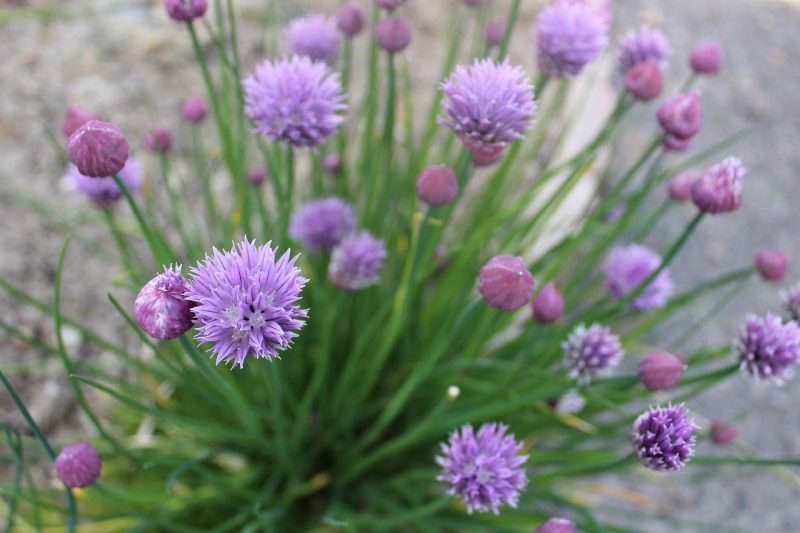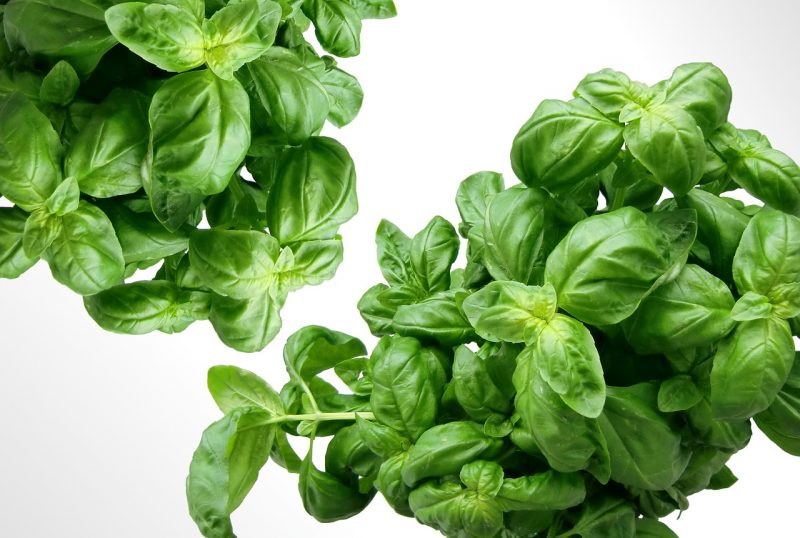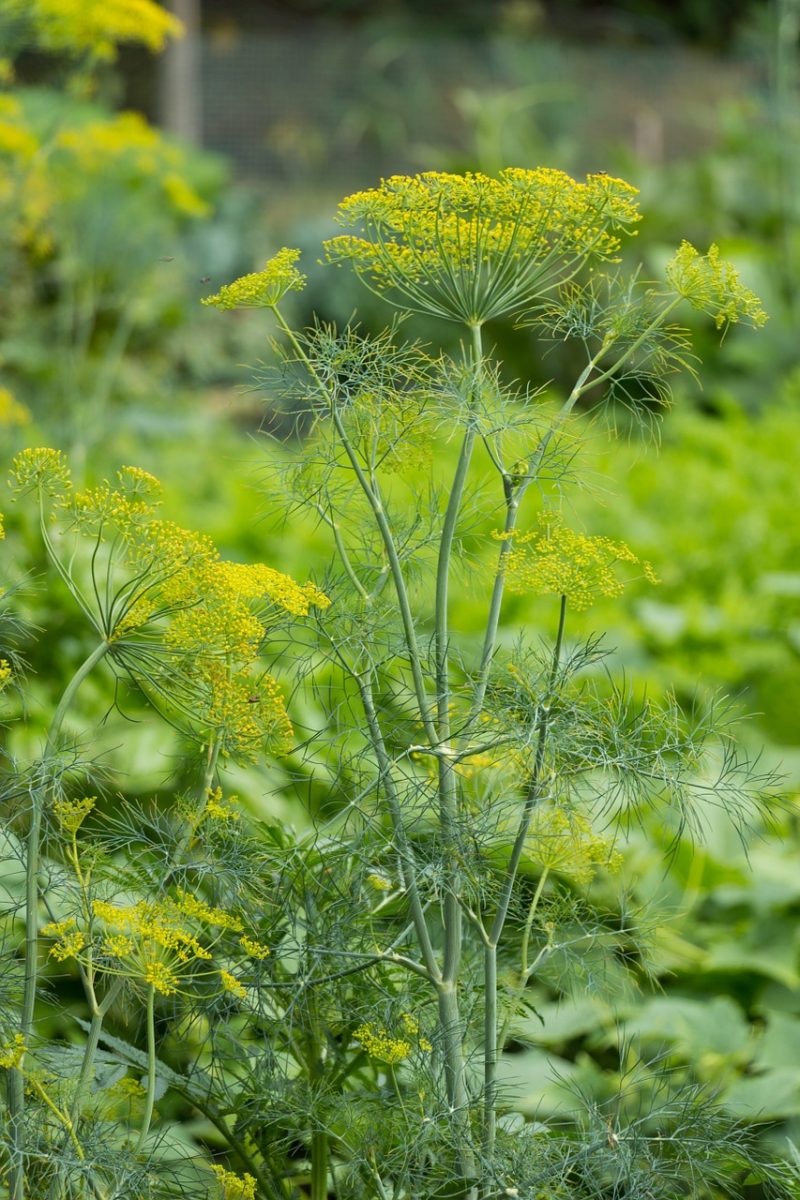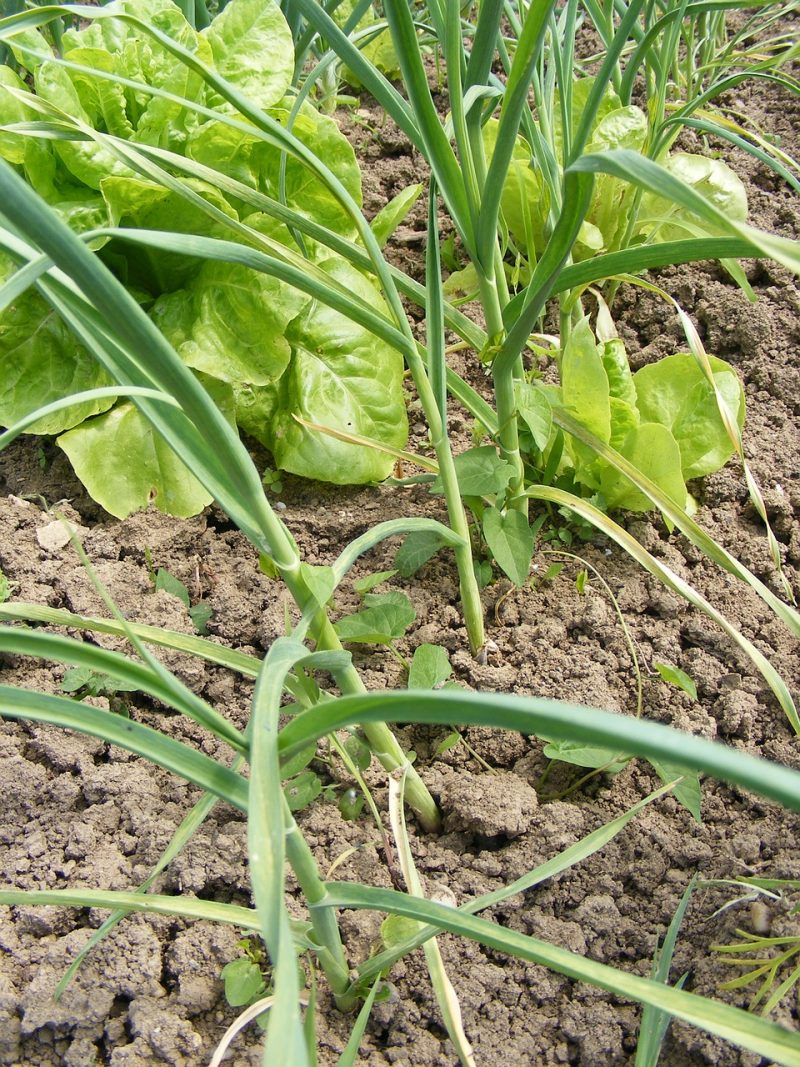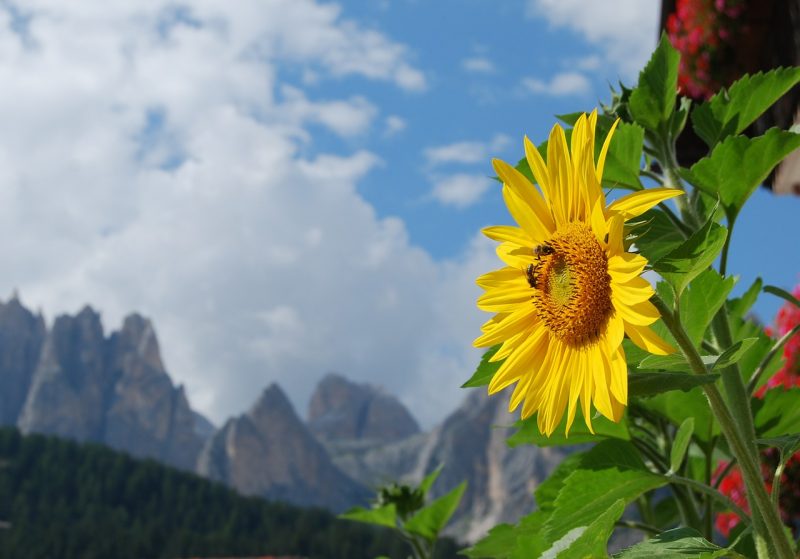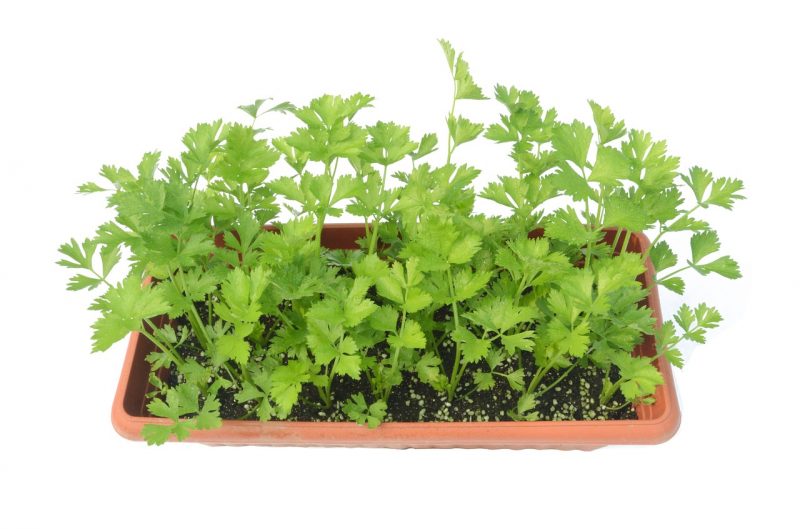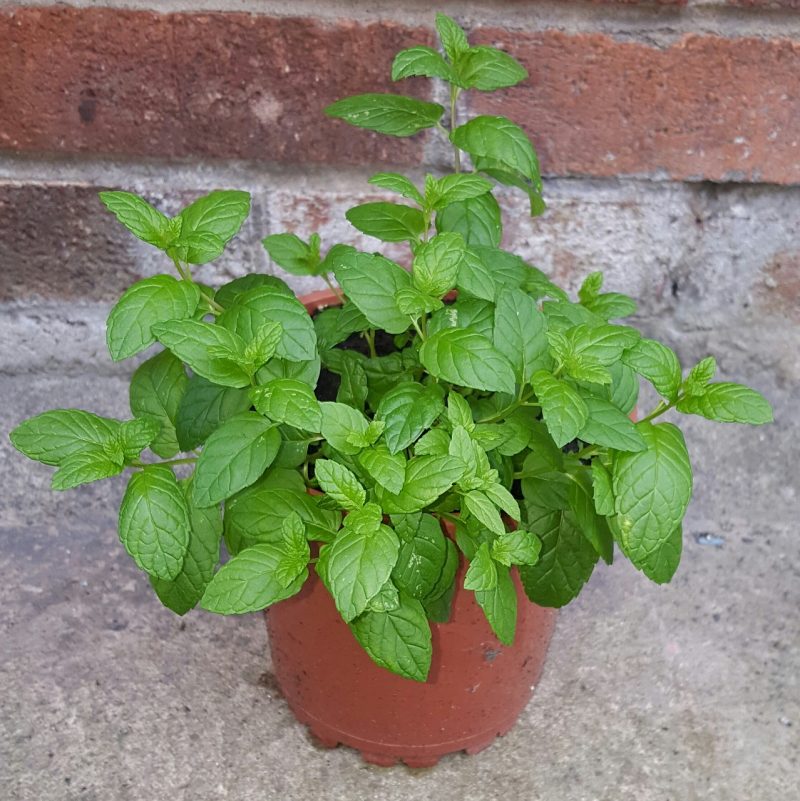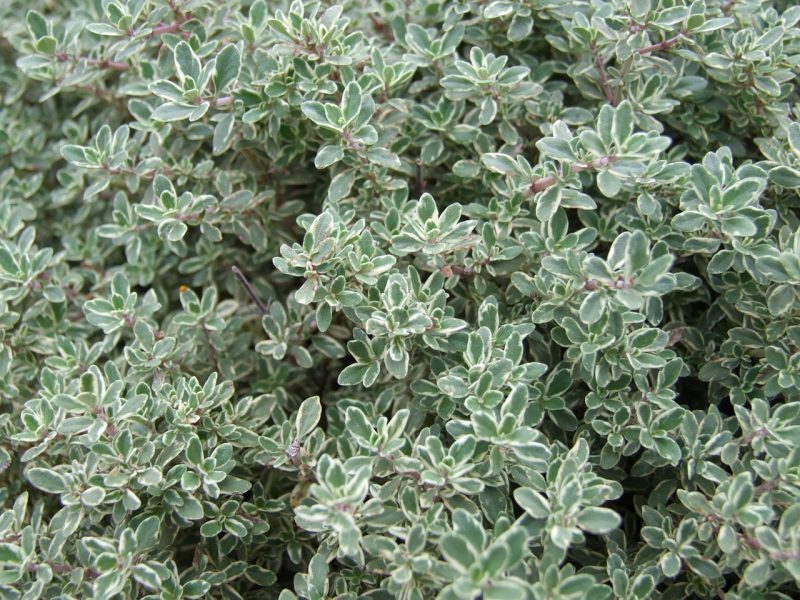Natural Pest Control Options for the Garden
One of the worst feelings a gardener can experience is when they’ve put so much time and effort into growing their garden, only for pests to enjoy the fruits of their labor.
Some gardeners choose to use pesticides on their fruits and vegetables to avoid this problem, but many don’t want to use harmful chemicals because of their impact on the environment or the potential of ingesting them when the food is harvested. Others hire Suffolk County pest control to get the job done.
But if you’re looking for another way to prevent pests, it might actually be to grow even more plants in your garden. This may seem counterintuitive, but there are many plants that serve as natural pest repellents — and the best part is that many can be harvested and consumed as well.
Here are a few options for you to consider:
Chives
Chives repel Japanese beetles and carrot rust flies, and taste great in all kinds of recipes like fish dishes, salads, salad dressings, and eggs.
Basil
The oil in basil repels thrips, flies, and mosquitoes, and basil tastes great in all kinds of Italian dishes that you can make with the tomatoes you plant. Just don’t plant it near rue, because it will have ill effects on its growth.
Dill
Dill repels pests like aphids and spider mites directly, but on top of that it also attracts hoverflies and predatory wasps which do even more pest control for you. Plant them far away from tomatoes, though, as they attract tomato hornworms. Once it’s ready for harvesting, mix the dill with some yogurt and you’ve got a great dipping sauce for all the other fresh veggies you grow.
Garlic
Garlic is a great addition to so many recipes, so you’ll definitely get a lot of use out of it long after it’s done repelling pests. It’s great for getting rid of Japanese beetles, aphids, and many other insects — just don’t plant it near peas, beans, or other legumes.
Sunflowers
Sunflowers don’t necessarily repel pests, but they do lure ants and aphids away from other plants without being affected themselves because of how hearty they are. Plus, their seeds are great as a snack, on salads, or in all kinds of other recipes.
Celery
Celery is a great plant to pair with cabbages, because it repels white cabbage butterflies. It also helps leeks, tomatoes, cauliflower, and bush beans. Plus, it tastes great as a snack with peanut butter on it, or in a number of great recipes.
Mint
Many pests hate the oils and smell of mint, especially ants. And once they’re ready for harvest, mint sprigs make great natural fragrances for your home, and taste great in a bunch of different cocktails and recipes.
Thyme
Like celery, thyme is a great partner to cabbages because they repel cabbage worms. But thyme is a great natural repellent pairing for virtually all veggies and herbs, and is a great addition to many different poultry and fish dishes.
These are only a few of the many options for natural pest repellents in your garden, and they’re great because you can actually use them as food along with all the fruits and vegetables you plant.


